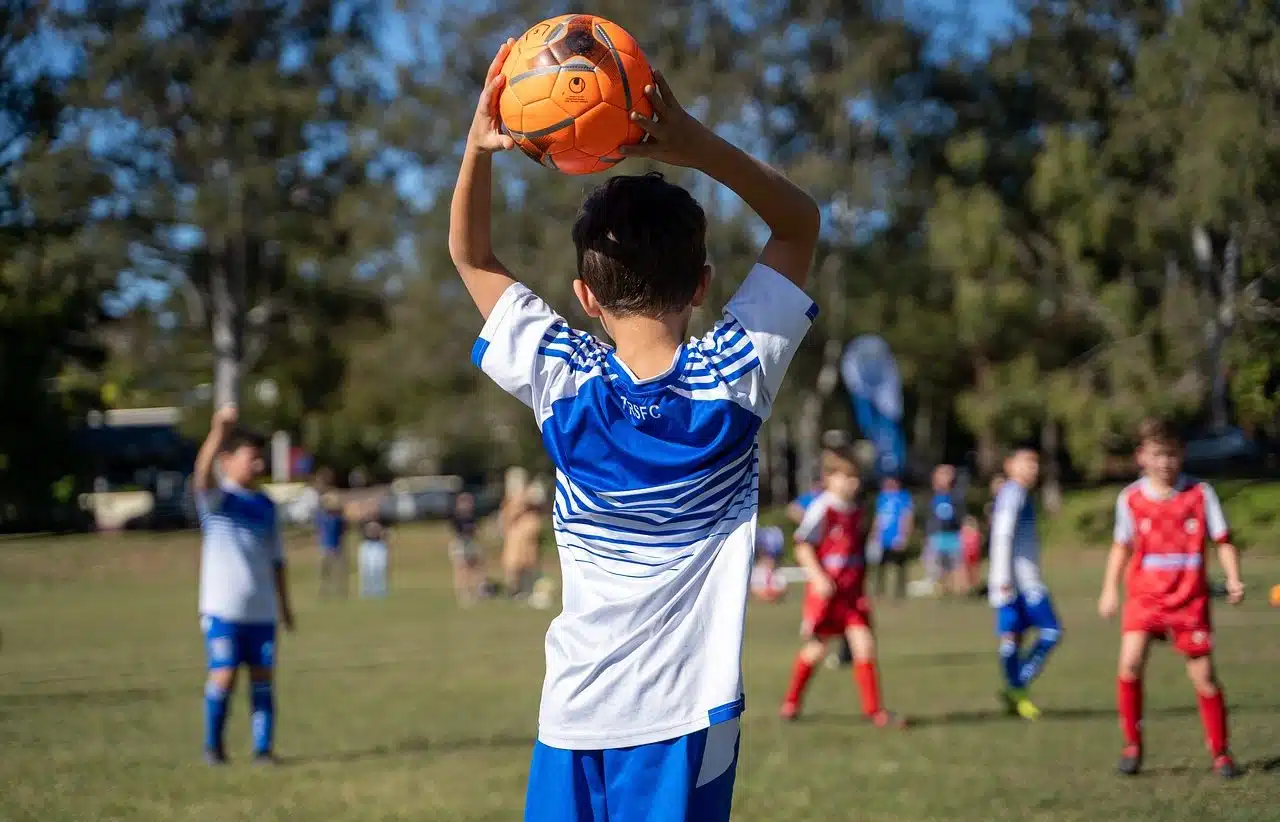
Power is associated with authority and command.
Power is a concept that derives from the Latin term potestas . The notion allows us to name the command , the superiority , the empire and the authority that someone has over another person or over something.
For example: “I have the power to order who should be in charge of each thing: that is why I repeat that you do what I order if you do not want to have problems” , “The deputy should know that he does not have the power to do something similar” , “The “The government has the power to determine when and how the exchange rate policy will be modified.”
Power at the legal level
At the legal level, power is associated with the power that someone or something has to express superiority or exercise sovereignty. Power is understood as a right of the one who has it. This means that the law enables an individual or an organization to do something thanks to the power in question.
Jurisdiction can be understood as the power of the State to decide the application of the law in specific situations, which allows a conflict to be resolved. This jurisdictional power is in the hands of the Judicial Branch .

The concept of parental authority is usually applied in children's or youth football.
Obligations and rights of parents over their descendants
The notion of parental authority , on the other hand, is linked to the obligations and rights that parents have over their descendants when their children have not reached the age of majority or suffer from a disability. If the State notices that parents do not guarantee the protection of the interests of their children, they can take away parental rights.
The scope of parental authority reaches various areas. In football , there have been cases of parents who, exercising parental authority, decide to change a (younger) child to another club, leaving aside any previous agreement with the original team. These types of decisions can have important economic consequences since, currently, teenagers of fifteen or sixteen years old can sign million-dollar contracts in professional football.
It is important to highlight that parental authority must always pursue the benefit of the children, although there are numerous cases of parents who take advantage of this legal tool to achieve their personal interests or to harm their ex-partner. In this context, there are several duties of parents towards their children, and all of them are precisely defined; The most relevant are spending time with them, providing them with protection, providing them with education and food, training them as good people, managing their assets and offering them legal representation.
Duties of children under parental authority
Children also have a series of obligations to fulfill while they are under parental authority. These affect both children conceived within and outside of marriage, as well as adopted children.
One of them is the so-called duty of obedience , according to which children have to obey their parents, carrying out their orders. If this does not take place, parents can apply different measures to correct their behavior ; In the worst cases, they can make the difficult decision to disinherit them.
Children must also respect their parents at all times, not through absolute and unconditional submission that nullifies their own rights, but within the scope of reason, as long as they receive the loving and respectful treatment they deserve. In a healthy family, this should happen both inside and outside of parental authority, as a natural part of the bond between parents and children .
Another duty of children towards their parents is to lift the burdens of the family , that is, to contribute equitably whenever they can. This is expected during cohabitation, as a gesture of gratitude but also so that they learn to take charge of their own subsistence before leaving the parental home and starting a life apart.
